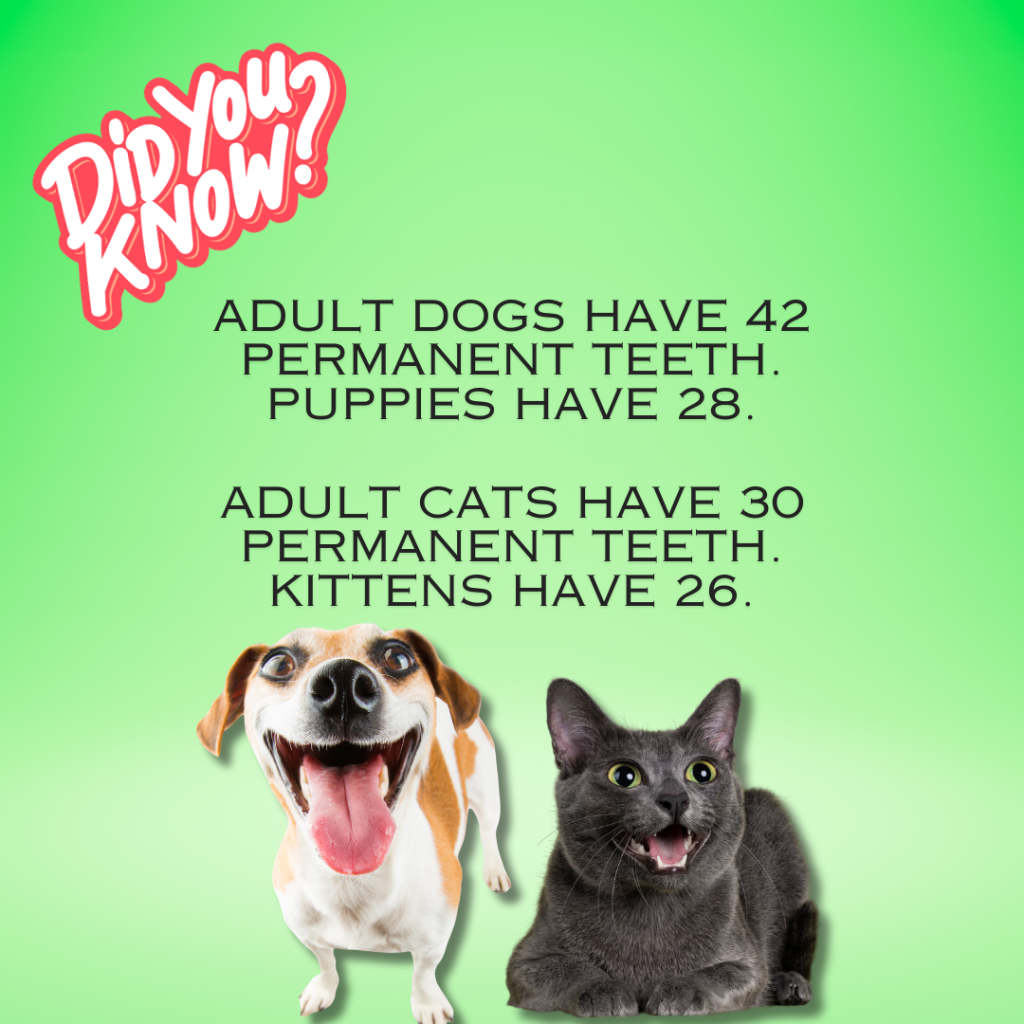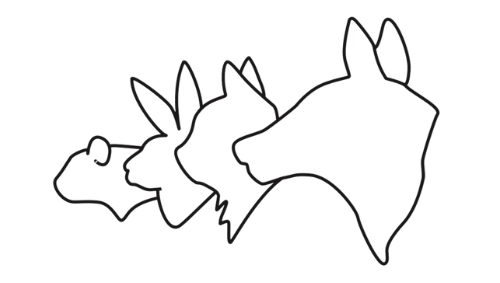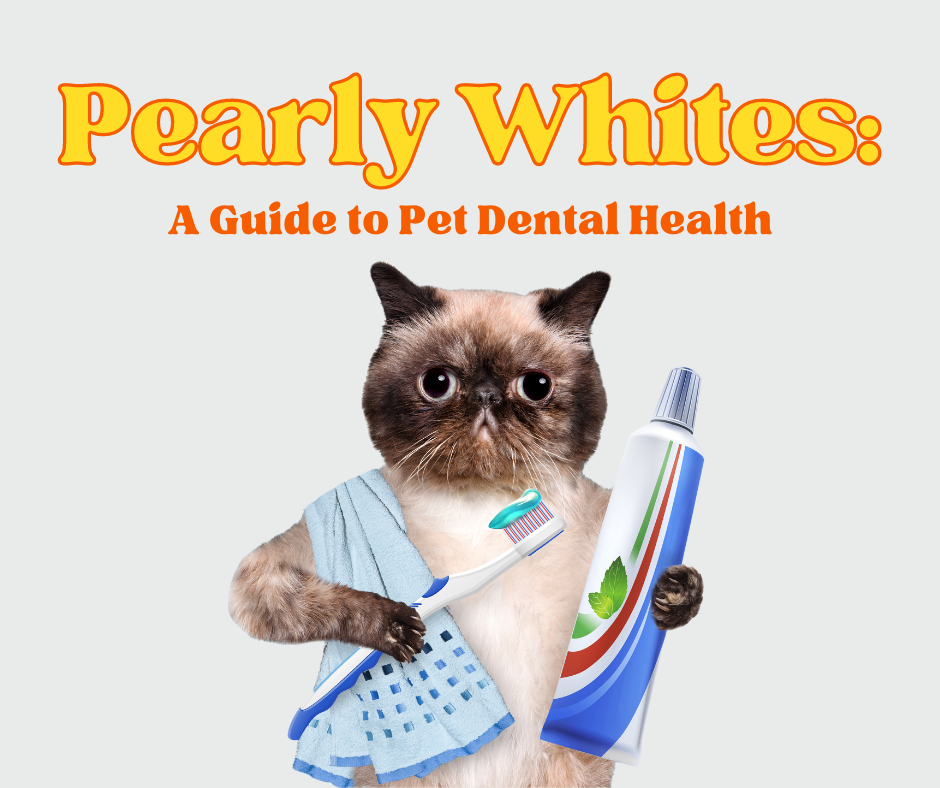As pet owners, we cherish our furry companions and want the best for them, from nose to tail. One crucial aspect of their overall well-being that often gets overlooked is dental health. Just like humans, pets can suffer from dental issues that may lead to discomfort, pain, and other health problems. In this blog post, we’ll explore the importance of maintaining your pet’s dental health and provide practical tips to ensure those pearly whites stay in top-notch condition.

Regular Brushing: The Foundation of Dental Care
Just as you brush your teeth daily, your pets also benefit from regular brushing. Invest in a pet-specific toothbrush and toothpaste to make this a positive experience for them. Start slow, allowing your pet to get used to the sensation, and gradually increase the duration. Aim for brushing your pet’s teeth at least 2-3 times a week to prevent the buildup of plaque and tartar.
Dental-Friendly Treats and Toys
Choose treats and toys that promote dental health. There are numerous options available, such as dental chews, toys designed to clean teeth, and even prescription dental diets. These items can help reduce plaque and tartar while providing your pet with a tasty reward or an engaging playtime.
Regular Veterinary Checkups
Schedule regular veterinary check ups that include a thorough examination of your pet’s oral health. Veterinarians are trained to identify early signs of dental issues, such as gingivitis or periodontal disease. Early detection can prevent more serious problems down the road.
Balanced Diet: A Key Ingredient
Nutrition plays a vital role in your pet’s overall health, including their dental well-being. Provide a balanced diet that supports strong teeth and gums. Consult with your veterinarian to ensure your pet is getting the appropriate nutrients, and consider specially formulated dental diets that are designed to promote oral health.
Water, Water Everywhere
Encourage proper hydration by ensuring your pet always has access to clean and fresh water. Water helps wash away food particles and bacteria that can contribute to dental problems. Staying hydrated also supports your pet’s overall health.
Avoid Harmful Habits
Be mindful of habits that can harm your pet’s dental health. Avoid giving them bones that can splinter and cause damage to their teeth or digestive tract. Additionally, be cautious with certain toys that may be too hard and lead to dental fractures.
Professional Dental Cleanings: A Veterinary Must
While at-home care is crucial, there’s no substitute for professional dental cleanings performed by your veterinarian. Even with the most diligent home dental care routine, some plaque and tartar may still accumulate over time. Professional cleanings, usually done under anesthesia, allow veterinarians to thoroughly clean your pet’s teeth, including below the gumline.
Veterinarians typically recommend dental cleanings based on your pet’s individual needs, age, and overall. Some may require more frequent cleanings, especially if they are prone to dental issues.
Taking care of pet dental health is an essential part of responsible pet ownership. By incorporating these simple practices into your routine, you can ensure that your furry friend enjoys a lifetime of healthy teeth and gums. Remember, a bright and healthy smile is not just a cosmetic concern—it’s a reflection of your pet’s overall well-being. If you have any concerns or questions about your pet’s dental health, don’t hesitate to consult with your veterinarian for personalized advice and care. Here’s to many years of happy smiles and wagging tails!




